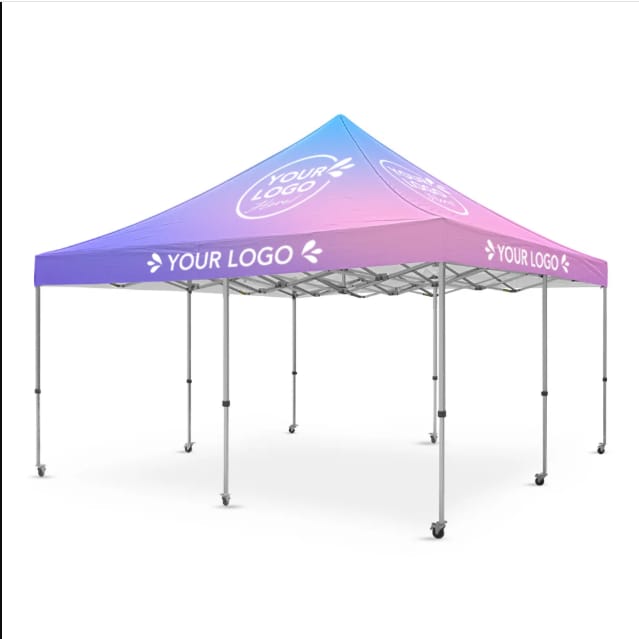
Many homeowners are surprised at the number of plumbing repair jobs they can do themselves. Though it can be one of the most vexatious home systems when it breaks down, plumbing works is fairly simple. Freshwater comes in under pressure and goes down the drain thanks largely to gravity. Pipes and fixtures help the water do this, and when something goes wrong with these pipes and fixtures, repairing them is usually straightforward through Memphis plumber.
One thing to remember is that before you start work on your plumbing, you’ll need to turn off the water, either at the point where the water enters the house or at the fixture. With that in mind, here are some plumbing repairs you can safely do yourself:
Fixing or Replacing a Pipe
Some people are ambitious and decide the best way to fix a leaky pipe is to replace it themselves. Other people do the easier thing and use a patch kit. This kit has a rubber patch that is placed over the hole in the pipe then held in place with clamps. Often, if there’s nothing else wrong with the pipe, this can be a permanent solution to a leak.
To know more details check out http://kimbelservice.com/rogers-ar/plumbing/
To replace a length of leaking or corroded galvanized pipe, measure the pipe’s length carefully, for the new pipe must equal the length of the old pipe. A pipe that comes up too short will leak and defeat the purpose of the repair. Measure from face to the opposite face, and add double the width of the threads. This means you would add an inch to accommodate 1/2 inch threads. Then, open the faucet in the house’s lowest part after the water’s been turned off.
Use a hacksaw to cut through the leaking section, and use two pipe wrenches to take the old pipe out. Use one wrench on the pipe and the other wrench on the fitting. Turn them in opposite directions to increase your leverage. You may need to use a bit of lubricant if the pipe is badly corroded.
Use more lubricant on the threads inside the fittings, and let it sit for about 15 minutes. Then, clean the area with a wire brush.
Add pipe dope to the threaded ends and around the threads in the fittings. Put a ring nut over one of the pipe sections then use the wrenches to tighten both sections of the pipe. After that, tighten the ring nut. Turn the water back on, and check for leaks.
Repairing a Leaking Trap
First, place a bucket beneath the trap because when you remove the clean-out plug, water will come out even after you turn off the water at the source. Use a pipe wrench to loosen the slip nuts, and take off the U. If the washer under the slip nut is worn out, replace it. After this, reassemble the fittings, but don’t over-tighten. Tighten the slip nuts by hand, then place a towel over the slip nut, and use the wrench to tighten it a quarter turn. You use the towel, so you don’t damage the plating of the slip nut. To test for water tightness, turn on the water, fill the basin then let it drain. Check all the connections for any leakage.
Unclogging The Bathtub
If the bathtub uses a plunger-type stopper, take out and clean the stopper and the strainer and use a plumber’s friend to pull out the clog. Before you do this, stop up the overflow drain with a wet cloth. If the tub has a pop-up type stopper, take out the pop-up assembly, and use the plumber’s friend again. If that doesn’t work, use a snake, but be sure to use it down the overflow pipe and not the drain. If the tub has a drum trap under the floor near the tub, you can remove the clean-out plug and clean it out.
The Main Drain
Unclogging the main drain is rather notoriously messy, but it is sometimes the source of the problem if no fixture in the house is draining or draining slowly. First, find the clean-out plug nearest to the sewer line or the line that feeds the septic tank, and loosen it with a pipe wrench. If the threads are wet, that means you’ve found the problem. Put a big bucket underneath it to catch what comes out.
Take out the plug, and thread a sake into the clean-out opening. Direct the snake toward the sewer line. When you break through whatever is clogging the drain, use a garden hose to flush the rest of it away.
Write and Win: Participate in Creative writing Contest & International Essay Contest and win fabulous prizes.


